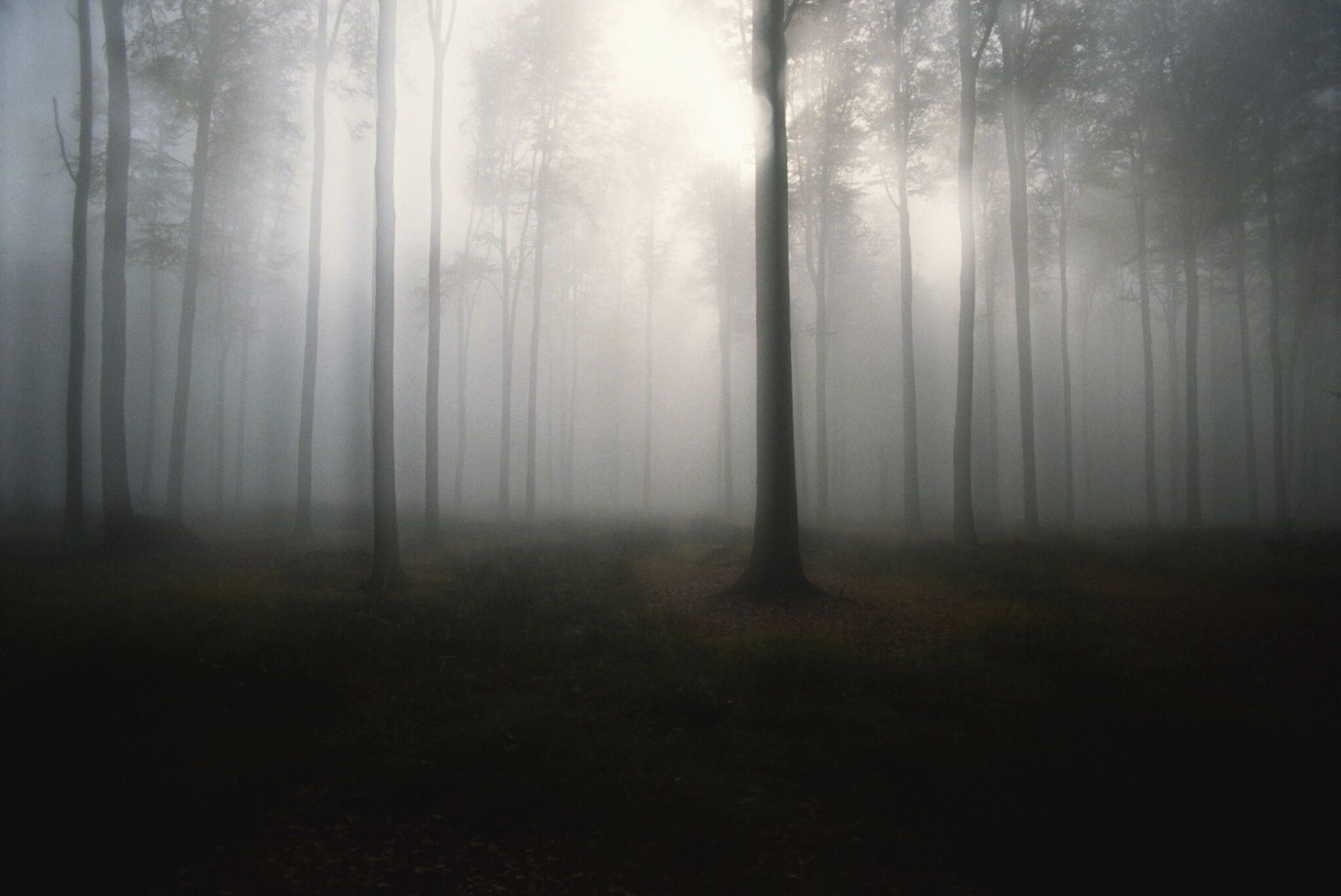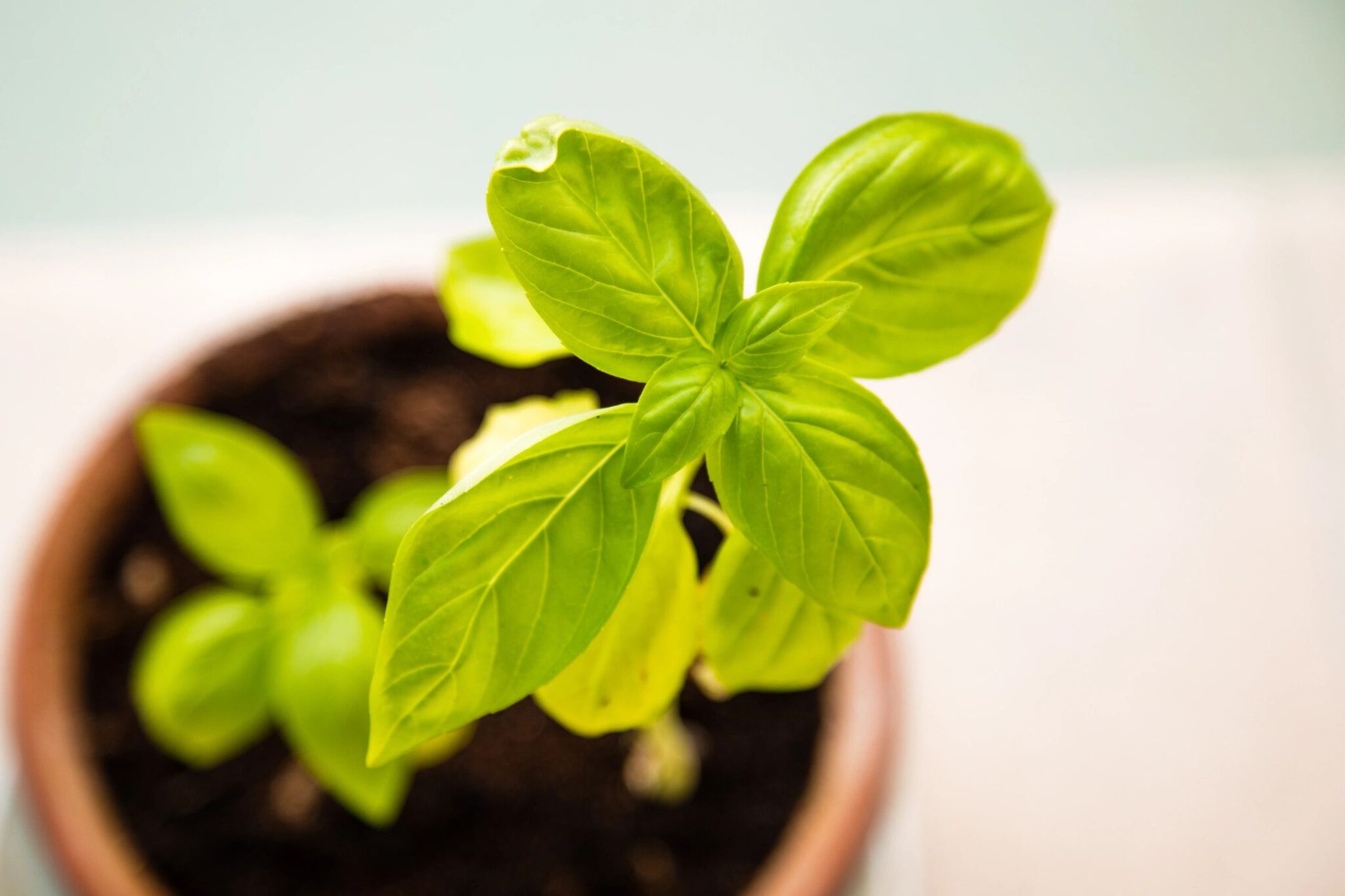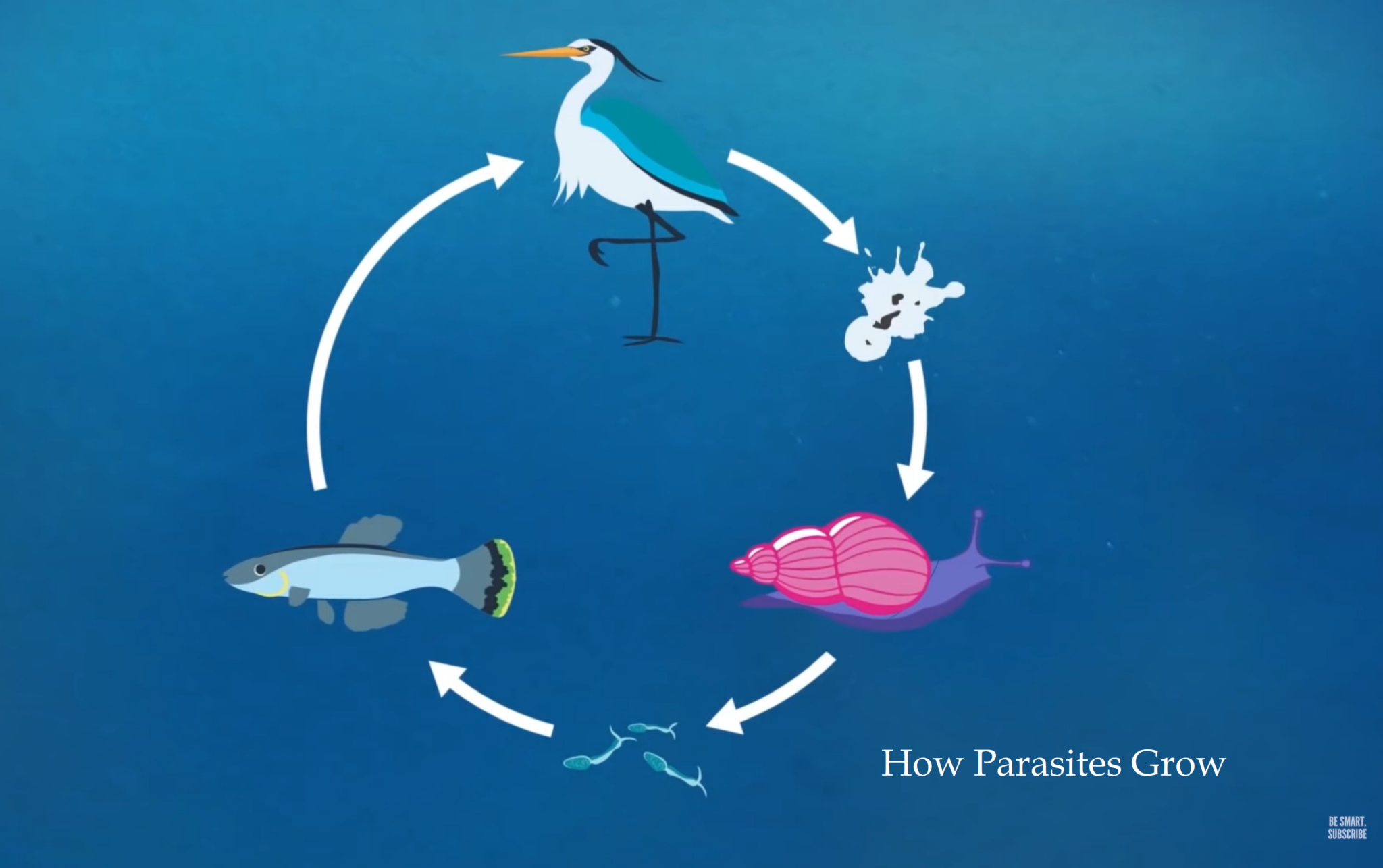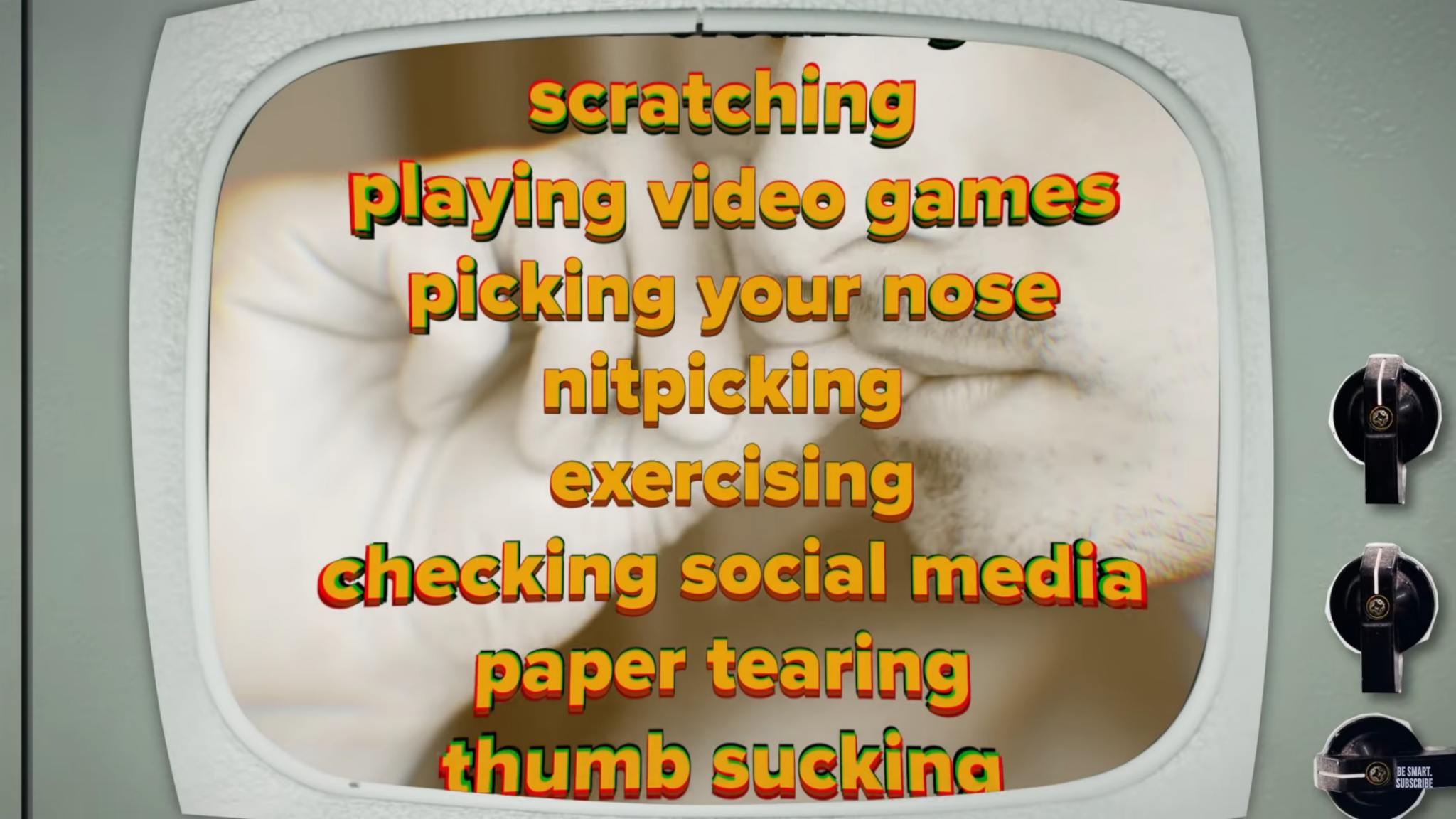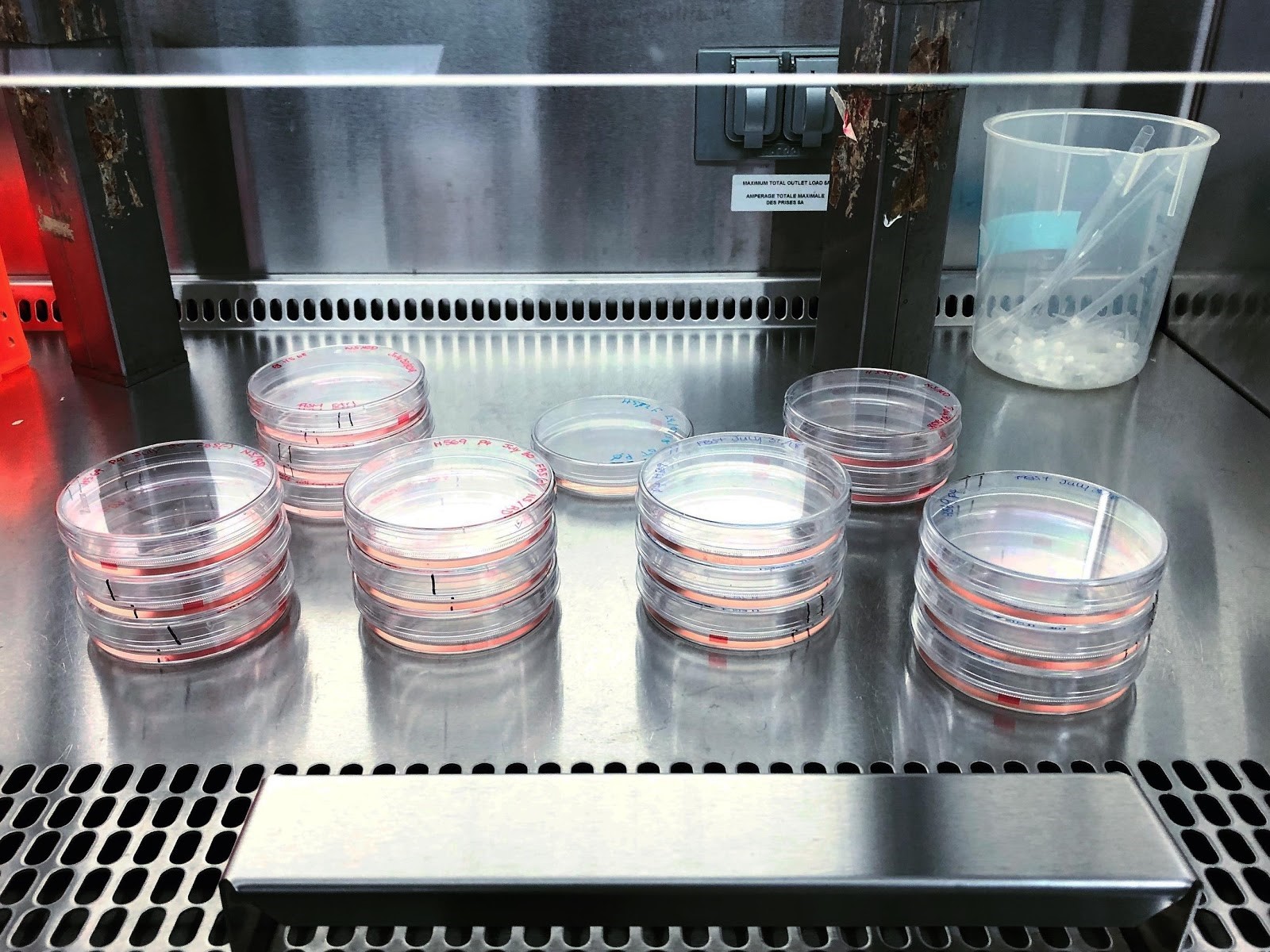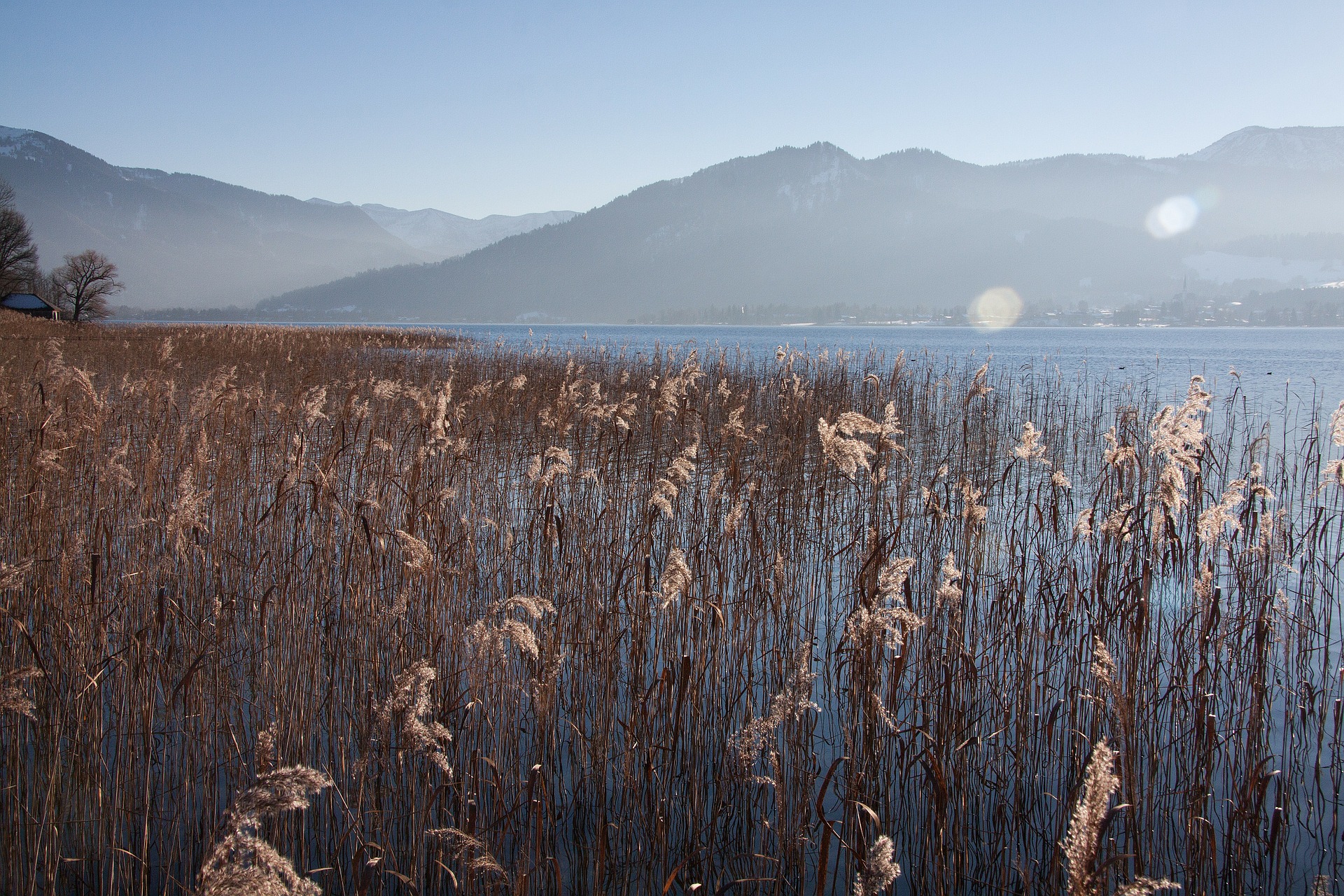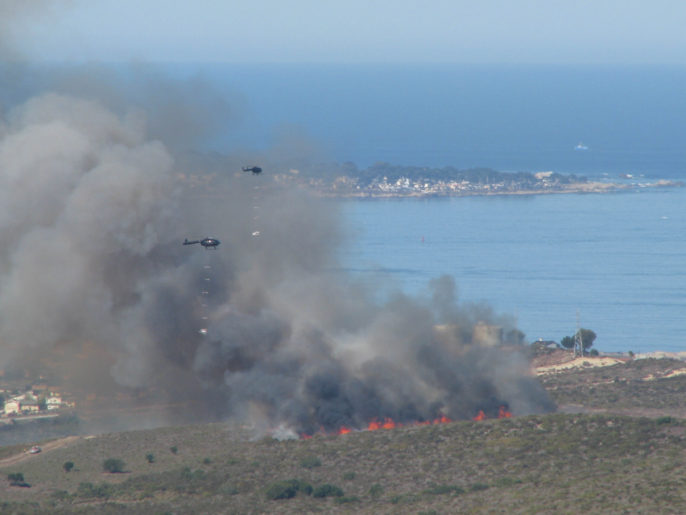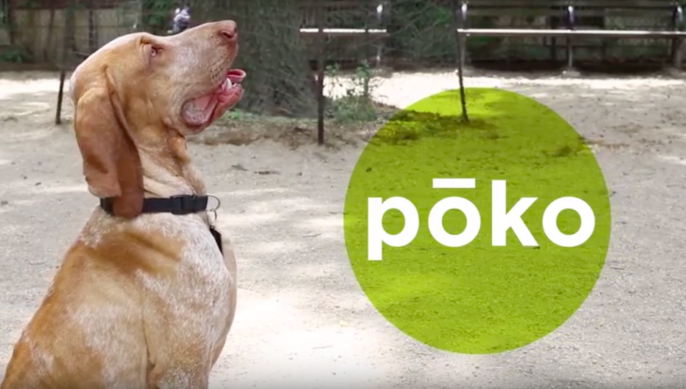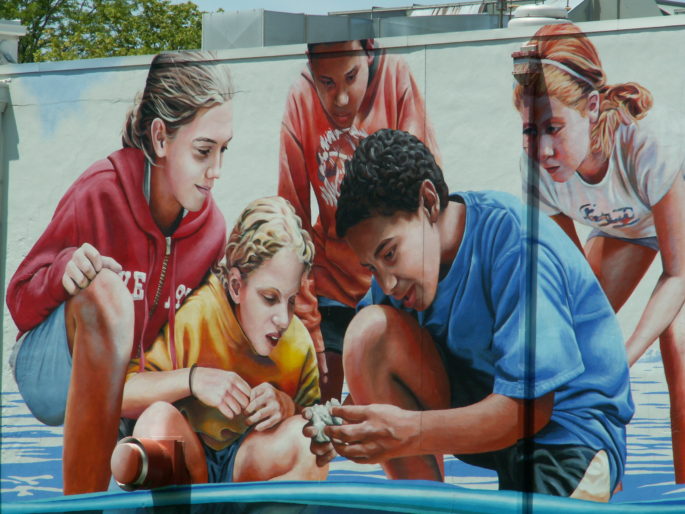The Forgotten Mass Extinction
By Jacqueline Mattos Yes, we are in a mass extinction event Recent research has spotted a new major mass extinction, termed the “end-Guadalupian (259.8 Ma),” according to a scientific paper in the journal Historical Biology. Previously, scientists knew of only five mass extinctions in the history of Earth: the end-Ordovician (443.8 Ma), the Late Devonian (372.2 Ma), the end-Permian (251.9 Ma), the end-Triassic (201.4 Ma), and the end-Cretaceous (66 Ma). Our current biodiversity crisis has been called the sixth mass extinction, but with these new findings it will probably be…
Read More
